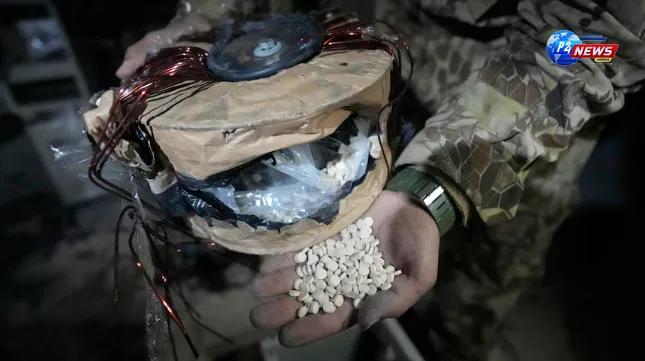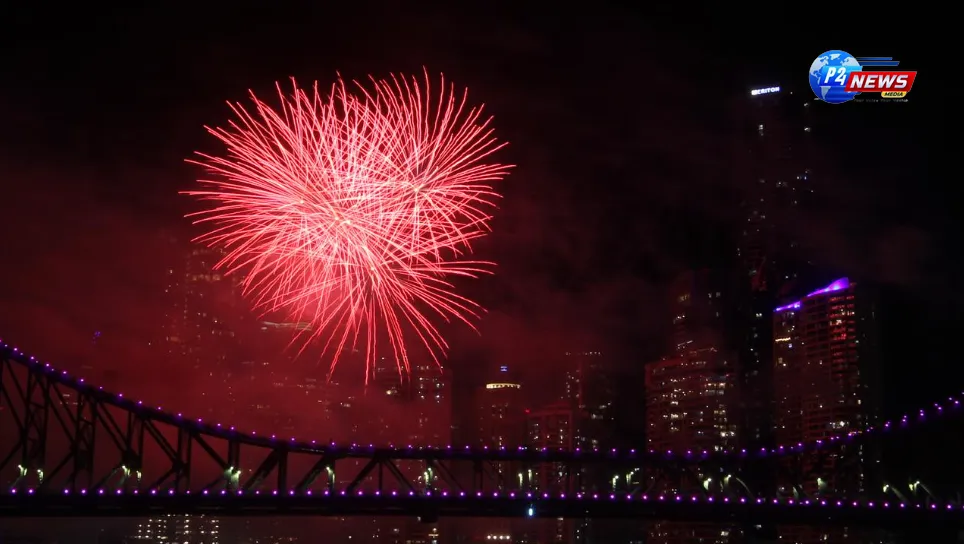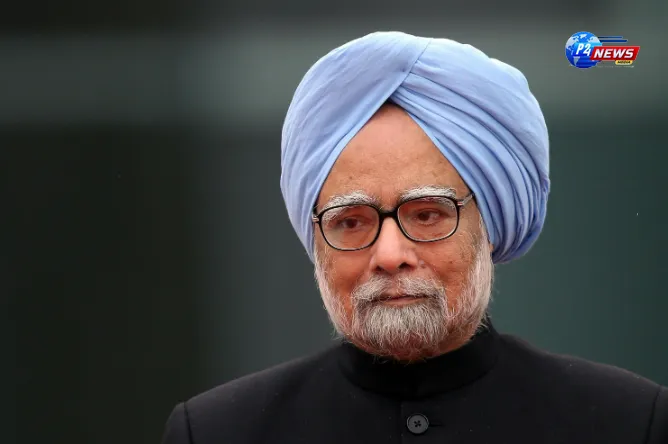Syria's new leadership has destroyed a substantial drug cache, including one million Captagon pills, previously seized from Bashar al-Assad's military compound. The recent ousting of Assad by Hayat Tahrir al-Sham has intensified ongoing clashes with Kurdish militants.
On Wednesday, Syria's newly established authorities took significant measures against drug trafficking by incinerating a substantial collection of narcotics, including a staggering one million Captagon tablets, as revealed by two security officials. This decisive action was part of a broader crackdown on drugs that have plagued the country.
A member of the security forces indicated that this drug cache was uncovered during an inspection of a secure facility. The authorities' main goal behind the destruction of these drugs—ranging from alcohol and cannabis to Captagon and hashish—was to safeguard Syrian society and disrupt the smuggling networks that had previously benefited the Assad family.
The country's descent into a narco-state under Bashar al-Assad has been notorious, with Syria emerging as one of the globe's most significant drug syndicates. With the regime having recently been ousted, questions loom regarding the future of the multi-billion-dollar drug trade in the nation.
Reports confirm that security forces utilized fuel to ignite a stockpile containing cannabis, tramadol, and approximately 50 bags of brightly colored Captagon pills within a security compound that once served the former regime's forces in the Kafr Sousa area of the capital.
According to a security personnel, the discovery of around one million Captagon pills marks just the latest in a series of drug busts. Captagon, a powerful amphetamine-like stimulant, surged in prominence during Syria's prolonged civil conflict, effectively cementing the country's identity as a hub for drug trafficking.
Since the recent fall of Assad, now at the hands of Hayat Tahrir al-Sham (HTS), the new authorities have reported finding extensive quantities of Captagon in ex-government locations throughout Syria, including various security branches. A member of the security team confirmed that this initiative is not unprecedented, highlighting other locations where drug warehouses and production facilities have also been eliminated appropriately.
Meanwhile, the situation in northern Syria remains tense, with ongoing clashes between Turkish forces and Kurdish militants following the regime's collapse. Reports indicate that 21 Kurdish fighters were killed in recent confrontations. Turkish President Tayyip Erdogan took a hardline stance, stating that Kurdish militants must either surrender their arms or face dire consequences, asserting that they would be "buried" alongside their weapons.
Erdogan’s comments were made during a parliamentary session with members of his ruling AK Party, emphasizing the urgent need to end separatist violence. The ongoing conflict has perpetuated a cycle of violence in the region, particularly between Turkish-backed Syrian factions and the Kurdish YPG, which Turkey considers an extension of the PKK, a group it classifies as a terrorist organization.
Turkey has been relentless in its military operations across the border, targeting PKK positions in northern Iraq, leading to a substantial loss of life throughout the years, with estimates exceeding 40,000 casualties. Following the recent upheaval in Syria, Turkey has continually pressed for the disbandment of the YPG, further complicating the landscape of conflict in the region.
Furthermore, President Erdogan announced plans to establish a Turkish consulate in Aleppo, anticipating a significant return of millions of Syrian refugees currently residing in Turkey. This move signals Turkey's commitment to re-engage with Syria post-Assad and reshape relations amid the tumultuous backdrop of ongoing conflicts and shifting power dynamics.
















Comments 0